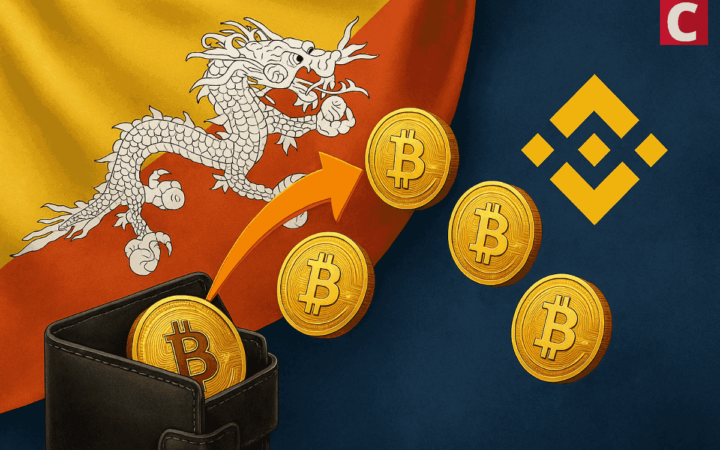Taking strong interest in blockchain, cryptocurrencies, and IoT, Tatsiana Yablonskaya got deep understanding of the emerging techs believing in their potential to drive the future.
Virtual currencies like bitcoin are assets but bitcoin in itself does not have the fundamental attributes needed to be a currency that could meet modern economic development needs, Sheng Songcheng, adviser to the People’s Bank of China, said.
“Bitcoin does not have the fundamental attributes needed to be a currency as it is a string of code generated by complex algorithms… But I do not deny that virtual currencies have technical value and are a type of asset,” he added.
Reuters informs that Songcheng commented on the bitcoin after the People’s Bank of China had tightened control over the country’s bitcoin exchanges earlier this year. The bank’s initiative encouraged companies to stop margin lending, introduced trading fees and issue rules to rein in users.
The initial idea of bitcoin suggests that the total supply of the cryptocurrency cannot exceed 21 million and the last bitcoin to be mined is expected to happen in the year 2140. Therefore, Songcheng doubts that bitcoin could become a medium of exchange that could meet modern economic development needs.
He also recommended Chinese monetary authorities to consider issuing a central bank virtual currency that it could regulate and run properly.
There is still no general approach to bitcoin regulation and governmental authorities around the world find it hard to classify the cryptocurrency. China has classified it as a “virtual good”.
The lack of reasonable regulation adds to bitcoin’s volatile and insecure reputation that yesterday suffered from the hacker attack against South Korean Bithumb, one of the largest bitcoin exchanges in the world, which resulted in 30,000 customers’ data to have been compromised.
Reportedly, the People’s Bank of China has recently launched a Beijing-based digital currency research institute that will focus on blockchain and fintech study.
The blockchain technology is also a subject of deep interest of SWIFT that has just confirmed the collaboration with 22 additional global banks. The partners will focus on the development of SWIFT’s blockchain proof of concept (PoC), a part of new standard for cross-border payments called SWIFT global payments innovation service. PoC aims to research whether the blockchain can enable banks reconcile their international nostro accounts in real time.
The PoC’s blockchain application is now under development by SWIFT and six founding banks that launched the PoC earlier this year. The new 22 banks will be mainly involved in testing and validating the application to evaluate how the technology scales and performs.
WIFT is planning to test the PoC blockchain application during the summer months. The results are to be published in September and presented at Sibos in Toronto in October.




